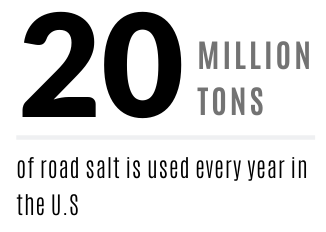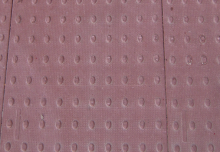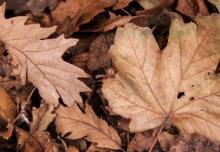A Sustainable Alternative for the Traditional Deicer
A deicer’s primary job is to combat snow and ice conditions by melting or preventing the formation of ice. It does so by lowering the freezing point of water and preventing ice from bonding to the pavement. The most common deicer is sodium chloride which can reduce the freezing point of water to 15°F. In fact, about 20 million tons of sodium chloride is used on U.S. roadways every year.
While traditional deicers are extremely effective, they can have harmful effects on roadways and infrastructure. So much so that the U.S. spends $5 billion a year to repair damages to roadways from winter snow and ice control operations, including the use of traditional deicers. In addition to compromising roadway surfaces, deicers can also dissolve into melting snow and ice which is then carried away in stormwater runoff. The environmental impact and corrosive nature of traditional deicers has led to research on trying to discover more natural and sustainable deicers.
Enter grape skins.
Researchers at Washington State University have been able to derive chemicals from waste grape skins to make a sustainable deicer formula that produces no waste. When compared with traditional deicers, the grape extract-based solution not only melted ice faster, but also showed less damage to asphalt and concrete. This new formula has also successfully been applied to other agricultural waste products such as apples, peony leaves and dandelion leaves. This approach allows for diversification depending on what waste products are readily available.
Although traditional deicers have negative effects, they are a staple for winter weather maintenance. The discovery of a sustainable deicer formula allows for the potential to not only improve upon traditional deicer performance, but also simultaneously benefit infrastructure and the environment.
0 Comments
Leave a reply
You must be logged in to post a comment.






